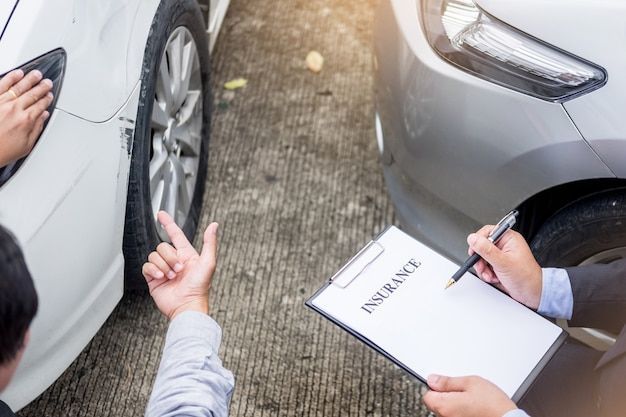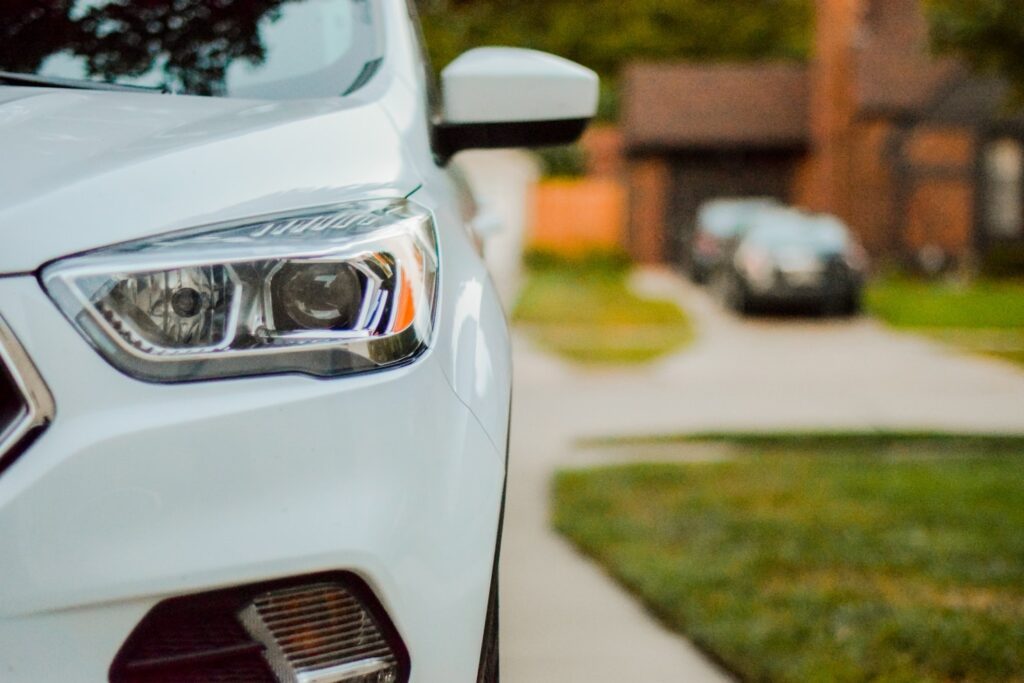As a driver, auto insurance is important for a variety of reasons—not just because many jurisdictions require it, however, it also protects your financial interests, your vehicle, and others in the vehicle as well as on the road. While it is important coverage, it can be difficult to understand. This article will explain the most common types of auto insurance and help you figure out which policy best suits your needs.
1. Auto Insurance

Auto insurance is a contract between you and your insurance company that can protect you from financial loss from accidents, theft, or other damage. You pay either on a monthly or yearly basis for the insurance, and you are in a binding contract where the insurance company will reimburse you on specific losses as outlined in your policy.

2. Types of Auto Insurance Policies
1. Liability
Covers: Property or bodily damage you cause to another party
Does NOT cover: Property damage to your own vehicle
Best for: Someone seeking to fulfill minimum legal coverage
Example: Liability will pay for someone else’s vehicle repair and medical bills if you crashed into their vehicle, but it will not pay for your damages.
2. Collision Coverage
Covers: Damage to your car resulting from a crash no matter who is at fault
Best for: People with a new or expensive vehicle
Example: If you crash into a tree or another car, your own repairs will be covered.
3. Comprehensive Coverage
Covers: Damage not involving another car: theft, fire, vandalism, acts of God, and objects falling from the sky.
Best for: People in high-theft areas, harsh weather areas, or who park out in the broad daylight.
Example: When a tree falls on your car or it gets stolen overnight—this plan will help!
4. Personal Injury Protection (PIP)
Covers: Medical payments for you and your passengers regardless of who is at fault
Best for: Required in your state or if you don’t have health insurance.
5. Uninsured/Underinsured Motorist Coverage
Covers: You, if the other driver was at fault and either has no insurance or too little insurance to cover your damages
Best for: Areas with a lot of uninsured drivers.
3. How to Pick the Right Plan

Picking a plan is all about:
– Budget: Can you afford to pay higher premiums for more protection?
– Value: Is your car new or old?
– Driving behaviors: Do you have long commutes? Do you drive on rural dangerous highways?
– Location: Are you in a safe neighborhood or a high-crime area?
Tip: Many people find that a Liability + Collision + Comprehensive plan offers the complete protection they need.
4. Conclusion
Don’t view car insurance as a commodity that is the same for everyone. Knowing what is offered in each plan will allow you to make an educated and economical choice that will genuinely safeguard you at the time you actually need it.

